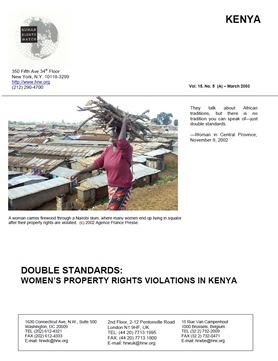Status of Land Reform and Real Property Markets in Albania
Over the last 14 years, substantial progress has been made in carrying forward the civil law reforms and the programs of ownership transfer in Albania. Almost all families and some juridical persons have received documentation giving ownership rights in land and housing units, and most families and enterprises now occupy and use their land premises. Major problems remain. First, there are unresolved conflicting claims to land and properties made by former owners (pre-1945) and current occupants in some villages and urban neighborhoods.



